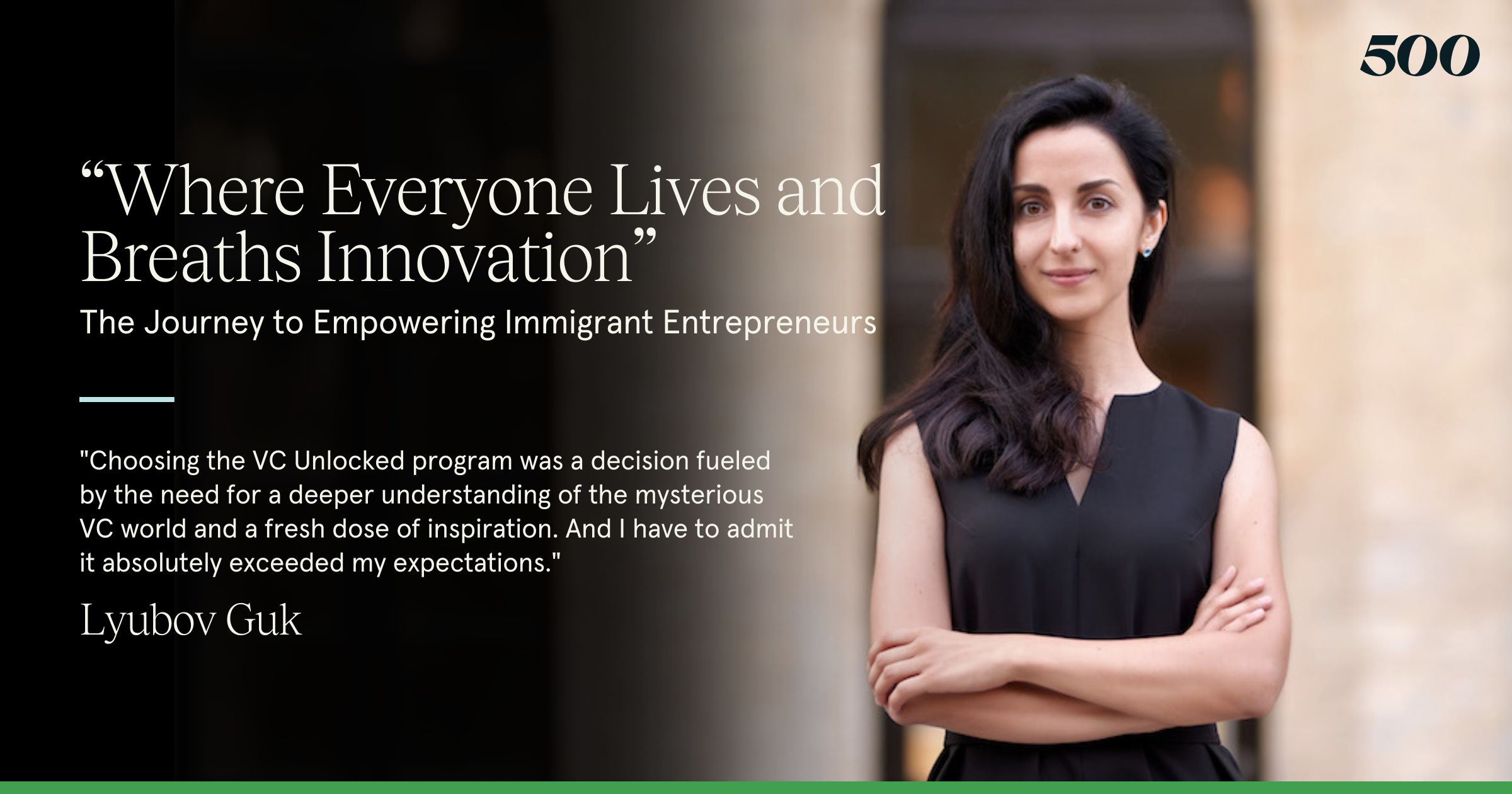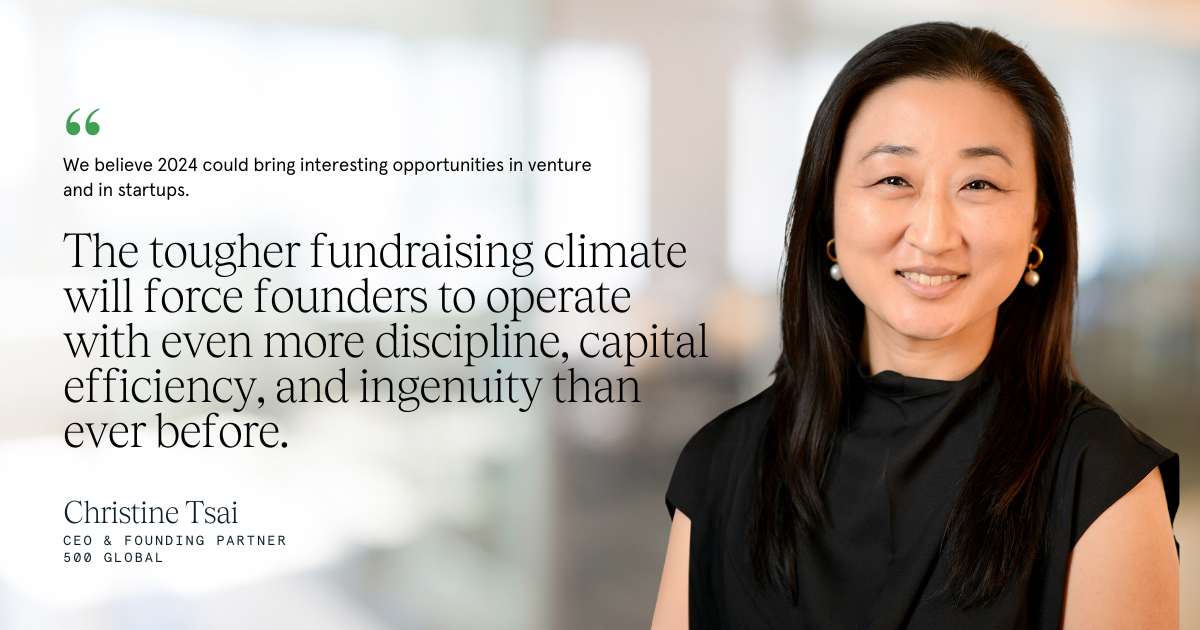Awhile back, Franco Varriano asked to interview me for his startup-related podcast.
Podcast? Do people still listen to podcasts?
Way MOAR than you think.
Apple is well past 1 billion podcast subscriptions, and something around 39 million people listen have listened to a podcast in the past month in the US.
I’m even subscribed to a few myself (like Sinica/Popup Chinese, 500 Startups, Hack To Start, and Tim Ferris.)
Why startups should consider podcasts:
1. Under-tapped channel. Get your name in there as a podcaster or a subject before all the other marketing types pollute the pool
2. Podcast listeners are top tier online users — using a smartphone, know their tech, HIGH VALUE.
3. Get listed and linked on high quality properties like the iTunes store, Stitcher, etc.
4. You have a face made for radio 🙂
How to leverage podcasting as a channel:
1. Get interviewed for a podcast
2. Sponsor a cool and relevant podcast
3. Get name dropped in a podcast (like I did in this Tim Ferris episode interviewing my friend Noah)
4. Make your own podcast (like we do at 500)
I asked Franco if he could tell me how he made the Hack To Start podcast successful —
- 40 5-star reviews
- ranked #1 in iTunes for Business News
- ranked #8 in iTunes for Business
- ranked in the Top 10 on iTunes under “New & Noteworthy” since launch in October 2014 – January 2015 ahead of Gary Vaynerchuk
And like good marketers, we decided to make a blog post out of it.
Enjoy, ask questions, send fan mail / cashmoney, and check out the Hack to Start podcast when you’re done.
Podcasting Isn’t Dead
Before the launch of Serial and StartUp Podcast, the use of the podcasting medium was a seemingly rare occurrence. Of course successful podcasters have always existed, but the mainstream appeal seemed a bit lackluster – and still is in some ways.
But in mid-2014, there was a bit of a renaissance around the art and new podcasts have been springing up like wildfire given the renewed interest. Some, like Fred Wilson, attribute it to better devices for tracking & listening, and simpler tools for distribution and production (like Spotify adding Podcasts to their platform).
Now individuals, startups, and large companies alike have jumped in, seeing podcasting as a new frontier in their social plan. It’s definitely become a new way of reaching fans, building a community, attracting new customers, and building thought leadership in their respective industries.
Podcasting has become the new blog.
Just as the first writers pointing their craft online without knowledge of process, guarantee of readership, or ultimate plan have done in over the last decade, podcasting is the newest authentic medium for sharing your voice, thoughts, and interests in a specific area.
But like any other medium, your intended purpose and value should be clear. As one of our guests Zack Shapiro put it:
“Each product needs a very important why behind it. And if you don’t have a ‘why’ as to why you’re actually working on something, then you probably shouldn’t be.”
( PS: Read about why we started Hack To Start here.)
Podcasts Are An Underleveraged Channel
Incredible growth often comes from under-leveraged distribution channels or gaps in the way existing tools sets intersect (or don’t). Audio and video, thanks in large part to the rapid growth of mobile technologies are now more accessible than ever and fit into an “on-demand” lifestyle of constant connection and entertainment.
Pulling some technology trends from Mary Meeker’s latest report, the market growth for mobile over the last 20 years has gone from 1% to 73% globally:
 Source: http://www.kpcb.com/internet-trends
Source: http://www.kpcb.com/internet-trends
Mobile data – especially video data – is shown to be growing, but I’m willing to guess that audio data is also growing along with it as major platforms like iTunes and Soundcloud continue to grow internationally and into new markets.
This is likely to continue as the report also showed that messaging apps were among the most popular and most used. Podcasts will continue to evolve and will probably find a way to integrate themselves into these messaging platforms as a way of staying in touch – especially as platforms like Slack enable developers to build more on-top of them or through them like Facebook Messenger has already begun doing.

Source: http://www.kpcb.com/internet-trends

Source: Messenger.com
Growing a Podcast
Effective podcast growth has yet to be as clearly defined as other media. However, like anything else, it still depends on the quality and personality of the content.
Unlike written blog content, the audio and/or video podcasts must inject additional personality and purpose in order to become “addictive.”
Consistency is also critical to establishing a new community and following. Make sure you have a production schedule and be ready to go.
Before you get started with your own thing, take some time to check out what’s already out there and find things you like/dislike about each show to use as inspiration for your own.
I made a list of some of my favorite shows and discovery resources here you can use as a starting point (note: this is focused on startup/tech podcasts for me, but you should search your areas or industries of interest too).
Here are some of the basic platforms and tools you’ll want to leverage if you’re running/growing a podcast.
Podcast Distribution Platforms
- iTunes
- Soundcloud
- Stitcher
- TuneIn Radio
Podcast Hosting Platforms
- Soundcloud – http://soundcloud.com/for/podcasting
- SimpleCast – https://simplecast.fm/
- Libsyn – https://www.libsyn.com/
- Podbean – http://www.podbean.com/
Social Media for Podcasts
- Instagram (I’ve recently been exploring this for Hack To Start and have grown over 400% week over week for the past 2 weeks)
Tactics to Grow a Podcast
Step 1: Build an audience
Like launching anything new on the internet, for most new podcasters, building an audience and following will be your biggest challenge (unless you’re already running a high profile website, blog, or are some kind of celebrity). You’ll want to create a landing page with an email capture form powered by something like MailChimp.
Step 2: iTunes will most likely be your new best friend – at least to begin with
All newly submitted podcasts are by default included in a category called “New and Noteworthy” for about a month. We launched Hack To Start in October and had a few episodes ready to be submitted right at launch.
During this period, it’s extremely important to get as many positive review, listens and subscribers to get bumped up through the algorithm and make it as close to the top as possible – at one point, we surpassed one of my business idols, Gary Vaynerchuk and his amazing show @AskGaryVee (see lower right corner).

Step 3: Get featured
If your podcast is unique (and it should be before you launch!) it could get picked up by iTunes and be featured. Protip: you can always tweet @iTunesPodcasts to get a little extra attention.
Espree Devora of We Are LA Tech did an amazing job with this. Being featured will drive lots of extra download, traffic, and hopefully new subscribers.

Step 4: Be everywhere
Being on as many platforms as possible is just smart distribution. iTunes isn’t the only place people find podcasts. Create listings for your show on Stitcher and as many others as you can find.
Step 5: New ideas
Don’t be afraid to try out new ideas. The space is completely open, new, and it’s exciting.
I love seeing how others are reinventing the format, the style, and the approach like The Pitch (designed by Cat Noone) have done:

Source: http://thepitch.vc/
Do it, Now
So what are you waiting for? In the words of Shia LaBeouf, just do it already!
Being perfect isn’t worth the time (and the longer you wait the more likely you’ll never do it). There’s never been a better time than now to launch a podcast and share your ideas, story, or purpose with the world.
You can reach out anytime to Tyler and myself or shoot us an email Hey@HackToStart.com or Tweet @HackToStart and we’d be happy to help out!
———-
Special thanks to Franco Varriano and Tyler Copeland for contributing this post.
Check out their podcast Hack to Start on iTunes.
And for another great read on podcasting speaking to the creator’s perspective, I highly recommend checking out Here’s the Future of Podcasting






